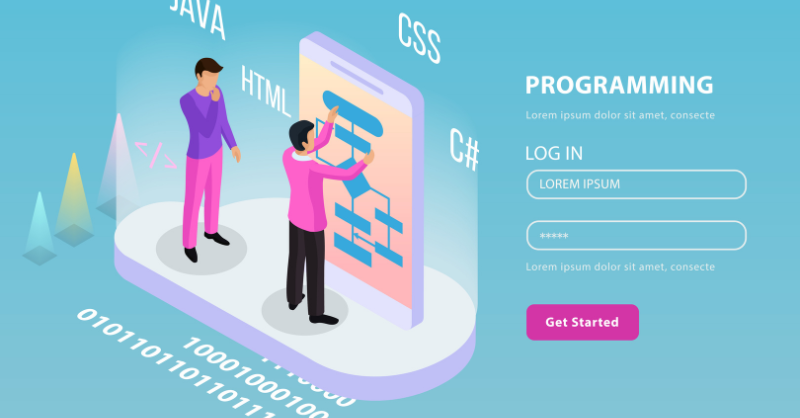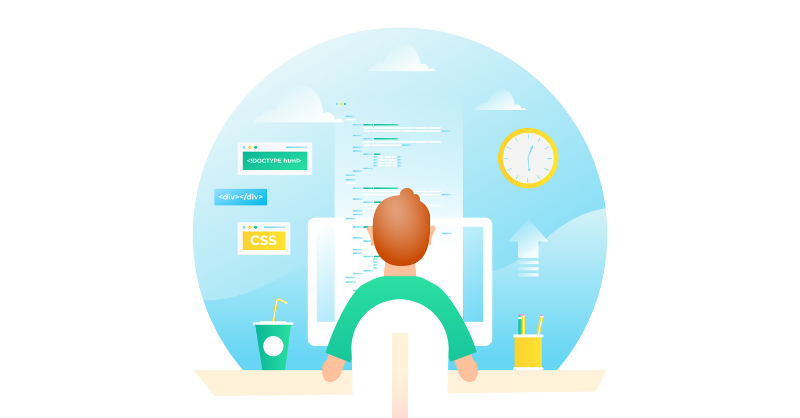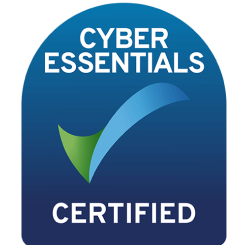Step-3: Earn a Certification
After earning your bachelor’s degree, continuing your education will help you gain more expertise as a full-stack Java developer and will position you for employment in a related sector. While pursuing a degree in computer science or web design, it is frequently feasible to include Java, UI design, and front-end programming classes. Acquiring a substantial degree will reassure companies that you are highly competent in addition to demonstrating to them that you are familiar with both basic and sophisticated coding skills. According to your schedule, you can sign up for full- or part-time courses. Most full-time programs last for three months, whereas most part-time programs last for six months or a full year.
Step-4: Built a Strong Portfolio
Each potential employer would want you to be the ideal match for their organization. You need to create a portfolio to demonstrate your skills. You must convince the hiring manager that you are the ideal candidate for the job. Your responsibility is to show them as much of your expertise as you can. The fact that your portfolio is the first thing recruiters see of you is why it’s so important. Use your portfolio as a platform to highlight any work you’re really proud of. Don’t be hesitant to highlight ongoing initiatives. The best method to learn full-stack development is probably through portfolio building. Also, to maintain your code and offer a link to the projects in your portfolio, as a full-stack developer, you must make sure that your code is published in a public repository on GitHub.
Step-5: Upgrade your Resume
With the help of a well-written resume, you can showcase your talents and abilities to potential employers. Try emphasizing your familiarity with full-stack development in several places on your resume, such as by giving a list of abilities that are frequently useful in such employment. Hiring managers may get in touch with you for an interview if you demonstrate your ability to work well both independently and in a team on assignments. By describing your accomplishments while working as a team, you may show collaboration on your resume.
Step-6: Prepare For the Interview
Explore a few of the most crucial points for earning that second round of interviews and, perhaps, the job. Remember that there will be many kinds of technical challenges in the interview, including soft analyses of programming thinking, design problems, and live coding exercises. By doing coding tasks in 30 to 40 minutes, you may become ready for each category. Use resources like LeetCode, HackerRank, or a copy of Gayle Laakmann McDowell Cracking the Coding Interview to practice continuously. Study for the behavioral questions as well since hiring managers aren’t only looking for a programming whiz to join the team; they also want someone who will fit in and get along with others.
Full Stack Java Developer Salary
In India, the basic annual salary of a full-stack developer is, on average, 7 LPA. The compensation often varies depending on a number of factors, from 3 lakhs to 14.5 lakhs per annum. It should be kept in mind that a Full Stack Java developer’s income is based on various factors, including experience, abilities, area, and firm.
Depending on their qualifications and expertise, the company may pay its staff either a salary or an hourly rate. Whether you work for small businesses or major corporations like Google or Facebook, your salary will vary. Your salary will be around Rs. 1 lakh per month if you work for a small business, and it may be as much as Rs. 3-4 lakhs per month if you work for a large corporation. A full stack developer in India may expect to make between 2 and 3 lakh rupees per month as a fresher and up to 5.5 lakh rupees per month if they have more than five years of expertise.
The average annual salary for full-stack developers in the US, UK, and Canada is USD 110,000. Full-stack engineers annually make between $97k and 108k AUD in Australia, whereas the equivalent salary in New Zealand is around NZD 100k.
Learn everything you need to know about web app development in Java by checking out our latest blog on the topic.


![]() 14 minutes
14 minutes




































